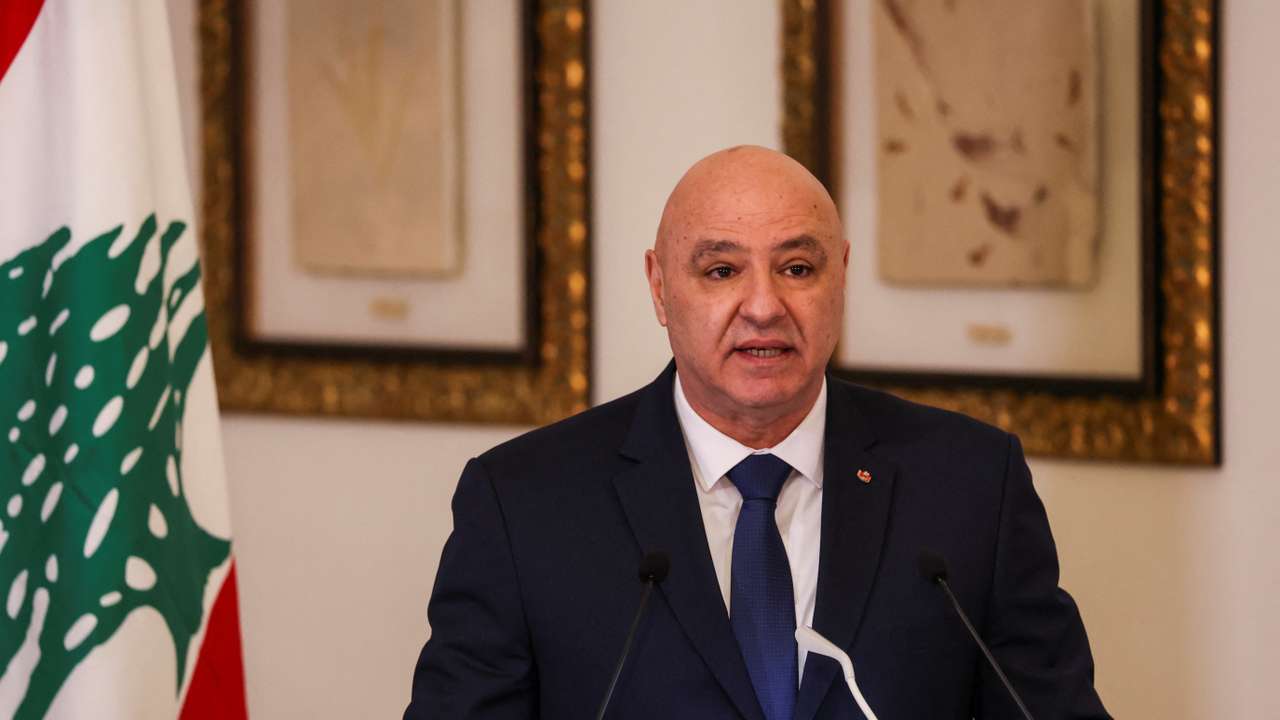Why Lebanon is staying away from Israel-Iran conflict

Lebanon’s leadership is seeking to avoid involvement in the escalating Israel-Iran conflict, citing national recovery priorities and the heavy toll of the ongoing Israel-Hezbollah clashes.
According to Information Minister Paul Morkos, President Joseph Aoun stressed during a cabinet session on Monday, June 16, the need to “do everything possible to keep Lebanon away from conflicts in which we have no role.”
Aoun called the regional climate “delicate” and emphasised that Lebanon’s focus must remain on stability and economic recovery after years of financial collapse and war-related destruction.
Prime Minister Nawaf Salam echoed the sentiment, condemning Israel’s recent strikes on Iranian targets but warning that the fallout could destabilise not only the Middle East but global peace.
He reiterated Lebanon’s position to “prevent being dragged into a regional war,” particularly to avoid jeopardising efforts to rebuild the south and restore state authority.
The concern stems from fears that Iran-backed groups operating in Lebanon, primarily Hezbollah and Hamas, could retaliate on Iran’s behalf. Both groups have fired rockets into Israel from Lebanese territory during the Gaza war, prompting Israeli reprisals.
Israel’s surprise airstrikes on Friday, June 13, marked the most intense escalation yet in its decades-long conflict with Iran.
Over three days, Israel bombed more than 100 high-value sites across Iran, including missile bases, nuclear facilities, and military command centres, killing senior commanders and at least six nuclear scientists.
The strikes continued through the weekend, claiming control of the airspace over Tehran and hitting over 80 additional targets, including the defence ministry, missile launchers and civilian areas, killing at least 244 people, according to The Guardian.
Iran responded with missile barrages on Israeli cities, killing at least 14 and injuring nearly 400. Missiles hit Tel Aviv, Haifa, and other areas, including a deadly strike in Bat Yam.
Iran warned Western powers, especially the U.S., U.K., and France, not to intervene militarily or face retaliation.
This story is written and edited by the Global South World team, you can contact us here.